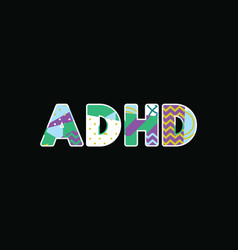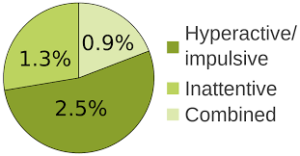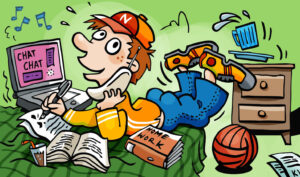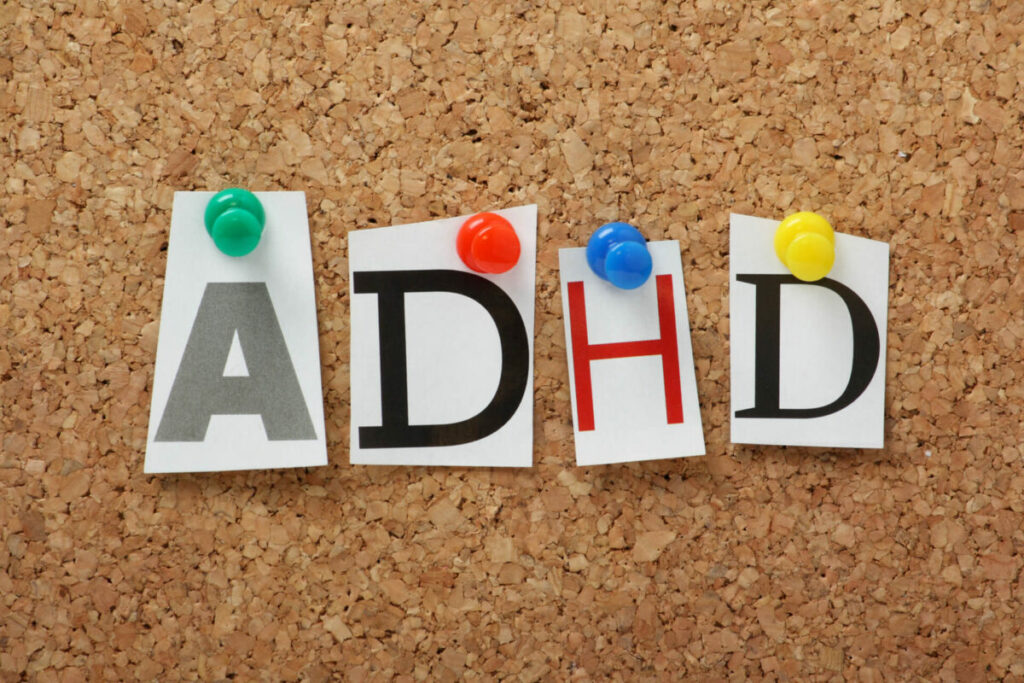Attention Deficit Hyperactivity Disorder (ADHD) is a mental disorder that affects a person’s ability to pay attention, control behavior, and focus. It is one of the most commonly diagnosed mental disorders in children and adolescents. While there is no single cause of ADHD, it is believed to be caused by a combination of genetic and environmental factors. There are many different types of ADHD, and each one its has own symptoms, causes, and treatment.
Contents
What Is ADHD?

ADHD stands for Attention Deficit Hyperactivity Disorder. ADHD is a mental disorder that is caused by problems with focus, attention, and hyperactivity. Also, ADHD can affect any age group but is most common in children and adolescents. ADHD usually lasts for at least six months but may last longer.
There are three types of ADHD: primarily inattentive, combined, and hyperactive-impulsive. The primary type is the most common and usually affects about 60 percent of people with ADHD. The other two types usually affect about 30 percent of people with ADHD.
People with ADHD often have trouble paying attention, focusing on tasks, and controlling their impulses. They may have difficulty reading, writing, or doing math tasks. They may also have trouble staying on task during conversations or activities such as playing games or watching TV.
If left untreated, ADHD can lead to problems in school, family life, and social life. It can also lead to depression and other mental health issues later in life.
There is no cure for ADHD, but treatments can help people improve their symptoms. Treatment typically includes medication (usual stimulants such as methylphenidate or amphetamines) and therapy (psychotherapy or counseling). Some people
Different Types of ADHD

ADHD is a neurological disorder that affects a person’s ability to focus and hyperfocus, as well as their attention span. There are many different types of ADHD, which can make it difficult to diagnose and treat. These types of ADHD include:
- Inattentive ADHD
- Hyperactive-impulsive ADHD
- Combined type ADHD
Classic ADHD
Classic ADHD is characterized by problems with focus, difficulty staying on task and impulsiveness. People with classic ADHD often have trouble maintaining consistent levels of effort, which can make it difficult to succeed in school or work. They also tend to be hyperactive and distractible, making it hard to stay focused on tasks for extended periods.
People with classic ADHD may also have problems with impulse control, which can lead to reckless behavior. This includes making impulsive decisions, engaging in risky activities, and spending money irresponsibly. People with classic ADHD often experience chronic fatigue and difficulty sleeping, both of which can make the condition even more difficult to manage.
Inattentive ADHD
Inattentive ADHD is a type of ADHD that is characterized by a lack of focus and an inability to stay on task. People with this form of ADHD typically experience problems with attention, concentration, and working memory.
People with inattentive ADHD may have difficulty sustaining focus on tasks or completing assignments. They may also be easily distracted and have difficulty staying on task. These individuals often have a hard time keeping track of multiple tasks at once and may find it difficult to stay on task for extended periods.
People with inattentive ADHD may also experience problems with attention, concentration, and working memory. These difficulties can make it difficult for people with inattentive ADHD to complete tasks, pay attention in class, or keep track of important information.
Hyperactive-Impulsive Type

ADHD is a psychiatric disorder that is characterized by inattention, hyperactivity, and impulsiveness. Hyperactive-impulsive types of ADHD are more likely to have problems with focus and impulse control. They also tend to be more disruptive than other types of ADHD.
Hyperactive-impulsive types of ADHD may have trouble paying attention for long periods, making it difficult to stay on task. They also have a higher than average rate of impulsiveness, which can lead them to make unwise decisions. This can include acting out in class or choosing to do risky things.
Treatment for hyperactive-impulsive types of ADHD typically includes medication and therapy. Medication can help to calm the person down and help them focus. Therapy can help the person learn how to control their impulsiveness and focus better.
Combined Type
There are two types of ADHD: combined and undifferentiated. The difference between the two is that undifferentiated ADHD is when the person has a combination of symptoms from both disorders, whereas the person with combined ADHD only has one type of ADHD.
Undifferentiated ADHD is more common than combined ADHD. It occurs in about one-third of people with ADHD.
People with combined ADHD have more problems with focus, hyperactivity, impulsiveness, and inattention than people with undifferentiated ADHD. They also have more problems with inconsistent work performance, social interactions, and school performance.
People who have combined ADHD often have problems with both hyperactivity and inattention. They may be constantly moving around or talking excessively. They may also be unable to stay focused on one task for a very long or be able to complete tasks quickly. People with combined ADHD often struggle to pay attention in class or concentrate on their homework.
Conclusion
Attention-deficit/hyperactivity disorder (ADHD) can be a challenging condition to live with, and there are lots of different types of ADHD. In this article, we will discuss three different types of ADHD: classic ADHD, combined type ADHD, and oppositional defiant disorder with hyperactivity. Each one has its own set of challenges and symptoms that need to be taken into account when managing the condition. Hopefully, this article has helped you better understand what it means to have ADHD and given you some ideas on how to best manage your symptoms.
Hope this article was of help to you! If you are suffering from mental health disorders, you may seek help from Therapy Mantra. We have a team of highly trained and experienced therapists who can provide you with the tools and skills necessary for overcoming mental health disorders. Contact us today to schedule an online therapy or download our free Android or iOS app for more information.


